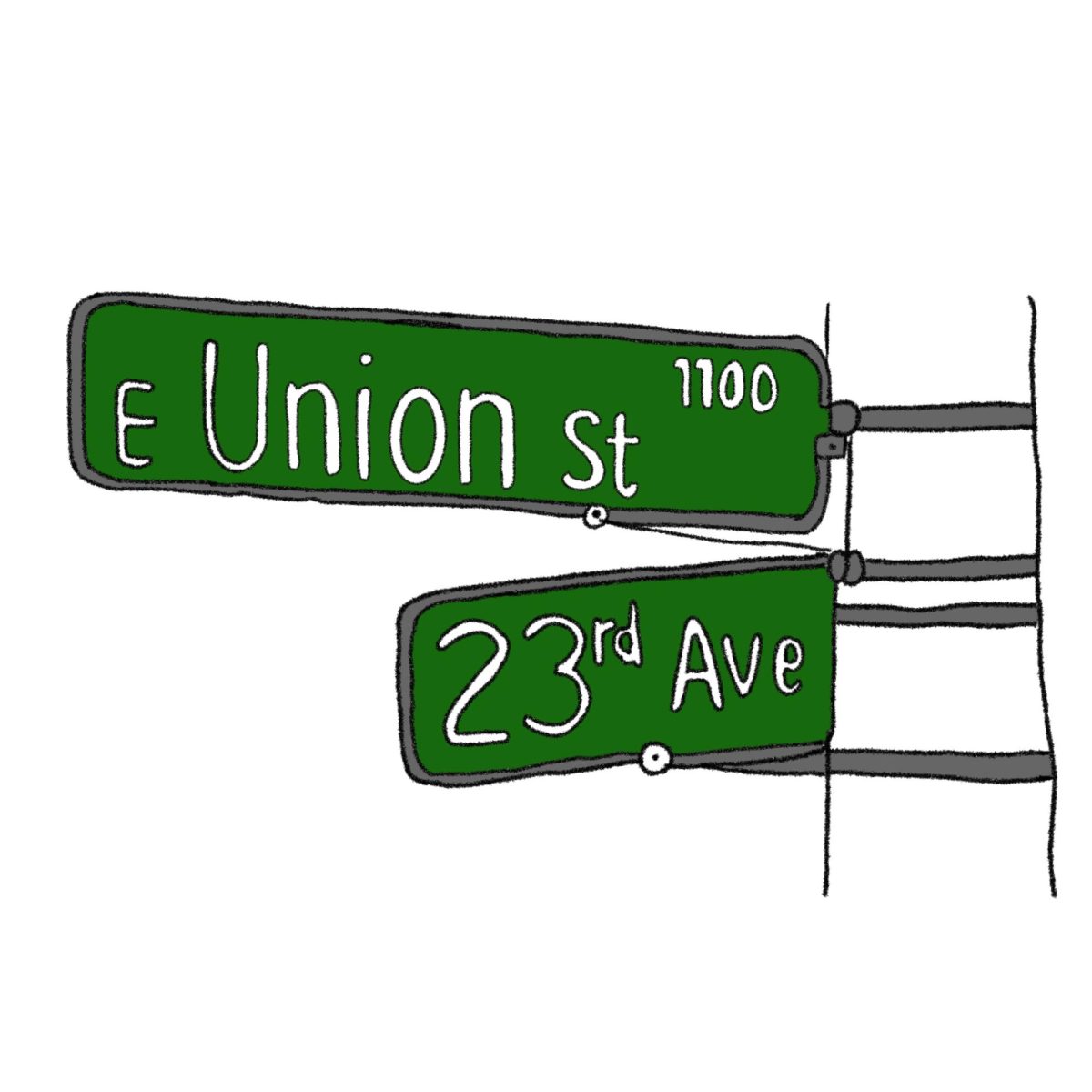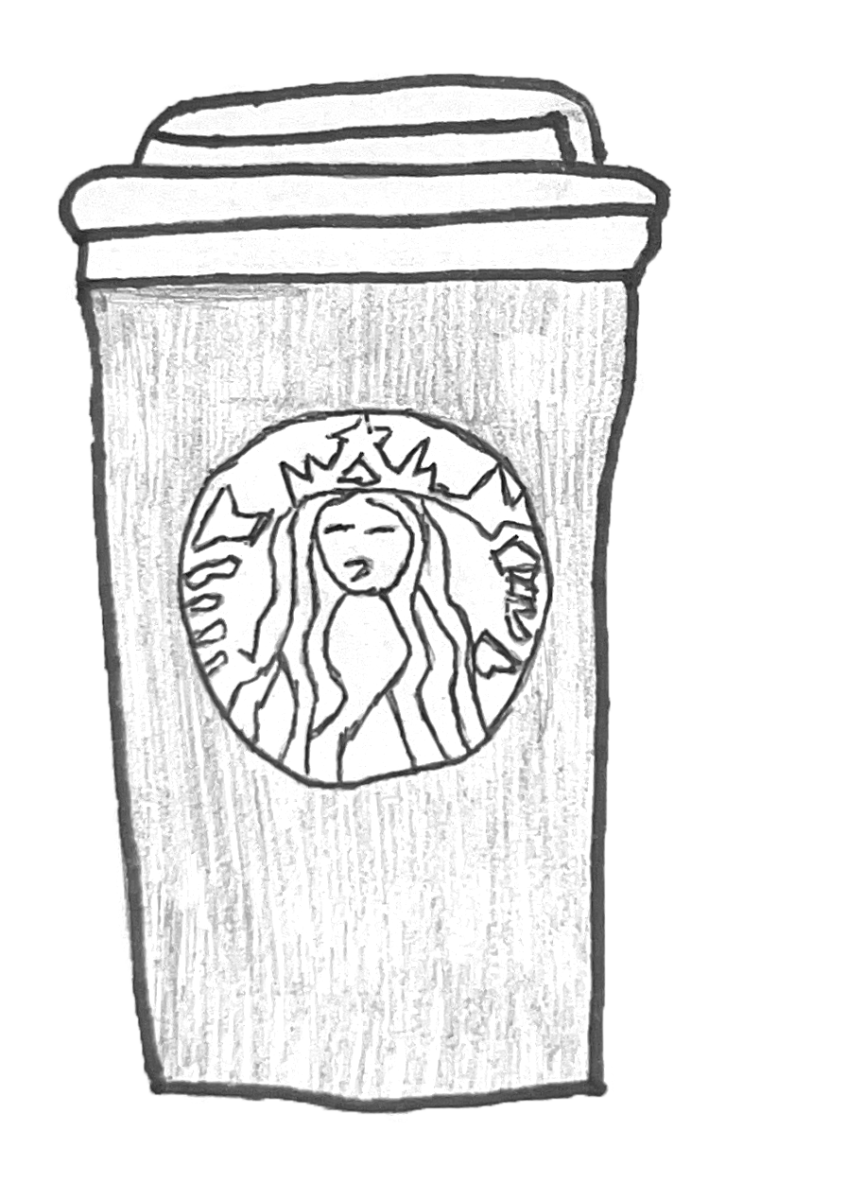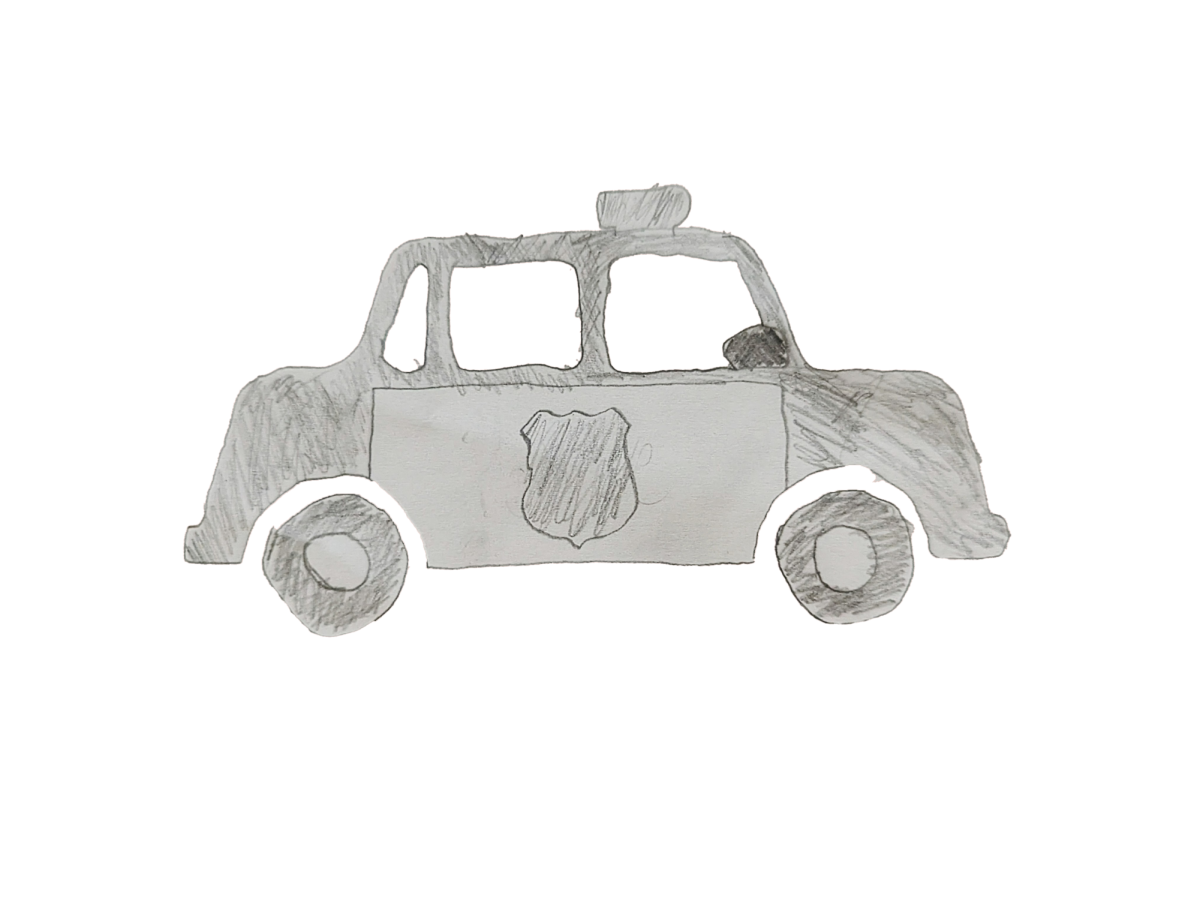As of late October, tensions between Canada and India have escalated following Canadian Prime Minister Justin Trudeau’s allegations that India was involved in the assassination of Hardeep Singh Nijjar, a Canadian Sikh leader and advocate for an independent Khalistan. The Khalistan independence movement wants to create a separate homeland for Sikhs by establishing an ethno-religious sovereign state called Khalistan in the Punjab region of India. Canada expelled an Indian diplomat, prompting India to retaliate by expelling a Canadian diplomat. Both countries have suspended visa services for each others’ citizens, and diplomatic relations between the two countries have significantly deteriorated, with many accusations of interference and human rights concerns dominating the discussion.
On October 23, NATO confirmed the deployment of North Korean troops in Russia to aid Russian forces in the war with Ukraine. Secretary General Rutte called it a significant escalation and a breach of U.N. Security Council resolutions, while North Korea dismissed the claims as “groundless rumors.” South Korea has provided humanitarian aid to Ukraine, and claims that North Korea’s involvement with Russia is a “grave security threat.” U.S. intelligence confirms 3,000 North Korean soldiers are receiving combat training in Russia, signaling military strain for Russia. Ukrainian President Zelenskyy has warned of a “malign alliance,” and South Korean intelligence suggests up to 10,000 North Korean troops could be sent to Russia by December. The potential deployment of Korean troops raises fears of complications in the war.
On October 31, two Iranian officials announced plans for retaliation against Israel’s most recent attacks on Iran. “We have never left an aggression unanswered in 40 years. We are capable of destroying all that the Zionists possess with one operation,” General Ali Fadavi, deputy commander of Iran’s Revolutionary Guards Corps stated. The increasing cycle of retaliatory attacks between Iran and Israel over the past six months has pushed the region close to all-out war, yet neither side is backing down. Supreme leader Ayatollah Khamenei has reportedly ordered preparations for attacks on Israel after damages to Iran’s military infrastructure. Israeli Prime Minister Netanyahu’s remarks on how recent strikes have given Israel more leeway to act in Iran show instability in the region.
Botswana’s ruling party, the Botswana Democratic Party, suffered a historic defeat in the October 30 general election, losing its parliamentary majority for the first time since independence in 1966. The shift in power reflects trends across southern Africa, where long-dominant parties are increasingly losing public support. Democratic president Mokgweetsi Masisi conceded, and Duma Boko, leader of the main opposition party, the Umbrella for Democratic Change, was sworn in as the new president. The election results reflect the growing frustration over economic struggles, largely due to a slow in the diamond trade, which is critical to Botswana’s economy. Boko promised to prioritize the nation’s needs, emphasizing the significant responsibility he feels from the electorate.






